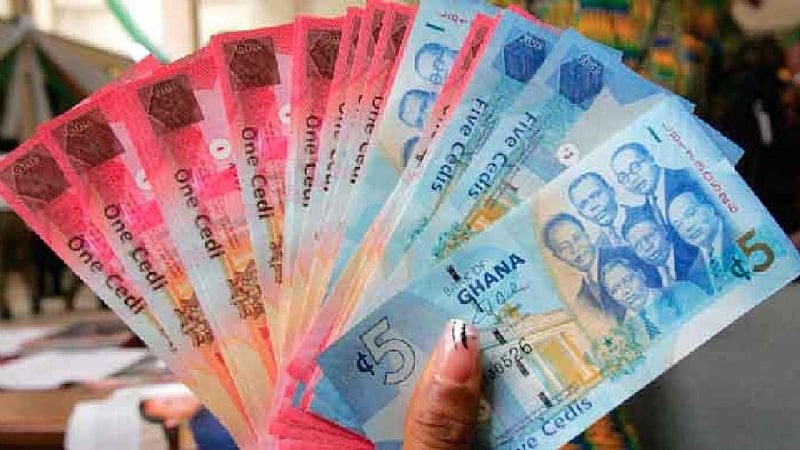The Ghanaian Cedi Exhibits Stability Against Major Currencies
The Ghanaian cedi has demonstrated relative stability against major international currencies, particularly the US dollar, the British pound, and the euro. As of Tuesday, April 8, 2025, data from Cedirates.com, a reliable source for currency information in Ghana, indicates a buying rate of GHS15.42 per US dollar and a selling rate of GHS15.84. This narrow spread between buying and selling rates suggests a stable market with minimal volatility. Forex bureaus, which cater to individual transactions, offer slightly different rates, with a buying rate of GHS15.70 and a selling rate of GHS16.05 per dollar. These rates reflect the typical premium charged by forex bureaus for their services and the smaller transaction volumes compared to the interbank market.
Interbank Market and Major Currency Exchange Rates
The interbank market, where larger financial institutions conduct currency exchanges, showcases even tighter spreads, reflecting the wholesale nature of these transactions. The cedi’s buying rate against the dollar stands at GHS15.51, while the selling rate is GHS15.53. This minimal difference between buying and selling rates further underscores the cedi’s stability. Against other major currencies, the cedi also maintains a relatively stable position. The average exchange rate for the British pound sees it trading at GHS19.68 when converting pounds to cedis and GHS20.39 when converting cedis to pounds. Similarly, the euro trades at GHS16.77 for exchanging euros into cedis and GHS17.47 for the reverse transaction. The Bank of Ghana’s interbank market rates for the pound and euro stand at GHS19.77 and GHS16.93, respectively, closely aligning with the overall market trends.
Money Transfer Services Offer Competitive Rates
Money transfer services, a crucial link for remittances and international payments, provide competitive exchange rates for transactions involving the cedi. LemFi and Afriex, two prominent players in this space, offer attractive rates for transfers from the US and UK to Ghana. For dollar transfers, LemFi offers a rate of GHS15.39 per dollar, while Afriex provides a slightly higher rate of GHS15.40. For pound transfers, LemFi offers GHS19.85 per pound, and Afriex offers a slightly lower rate of GHS19.73. These competitive rates reflect the dynamic nature of the money transfer industry and provide beneficial options for individuals sending money to Ghana. Euro transfers through Afriex are priced at GHS16.93 per euro, and LemFi offers a slightly lower GHS16.80 rate. These rates underscore the competitive landscape of international money transfers.
Digital Subscription Payments and Card Exchange Rates
Digital subscriptions for services like Netflix, Spotify, and Apple Music, often paid using international credit or debit cards (Visa and Mastercard), incur a specific exchange rate. These transactions are typically processed at a rate of GHS16.64 per dollar, euro, or pound. This standardized rate likely reflects the processing fees and international transaction charges associated with these types of payments. The slightly higher rate compared to the interbank and money transfer rates accounts for the convenience and global accessibility of these digital services.
Overall Cedi Performance and Market Dynamics
The Ghanaian cedi’s overall performance demonstrates a period of relative stability against major international currencies. The narrow spreads between buying and selling rates, both in the interbank market and at forex bureaus, indicate a balanced market. The competitive rates offered by money transfer operators like LemFi and Afriex further contribute to a dynamic and accessible currency exchange environment. The consistent rates for digital subscription payments provide a standardized framework for accessing international online services.
Future Outlook and Implications
While the current data paints a picture of stability, the cedi’s future performance will depend on a multitude of factors, including macroeconomic conditions, global market trends, and domestic policies. Monitoring these factors is crucial for understanding potential fluctuations and making informed financial decisions. The relative stability of the cedi is positive for the Ghanaian economy, facilitating international trade and investment. Continued monitoring of exchange rates and market dynamics will be essential for maintaining this stability and promoting economic growth. The competitive landscape of money transfer services and the standardized rates for digital subscriptions contribute to a more integrated and accessible global financial environment for Ghanaian consumers.














